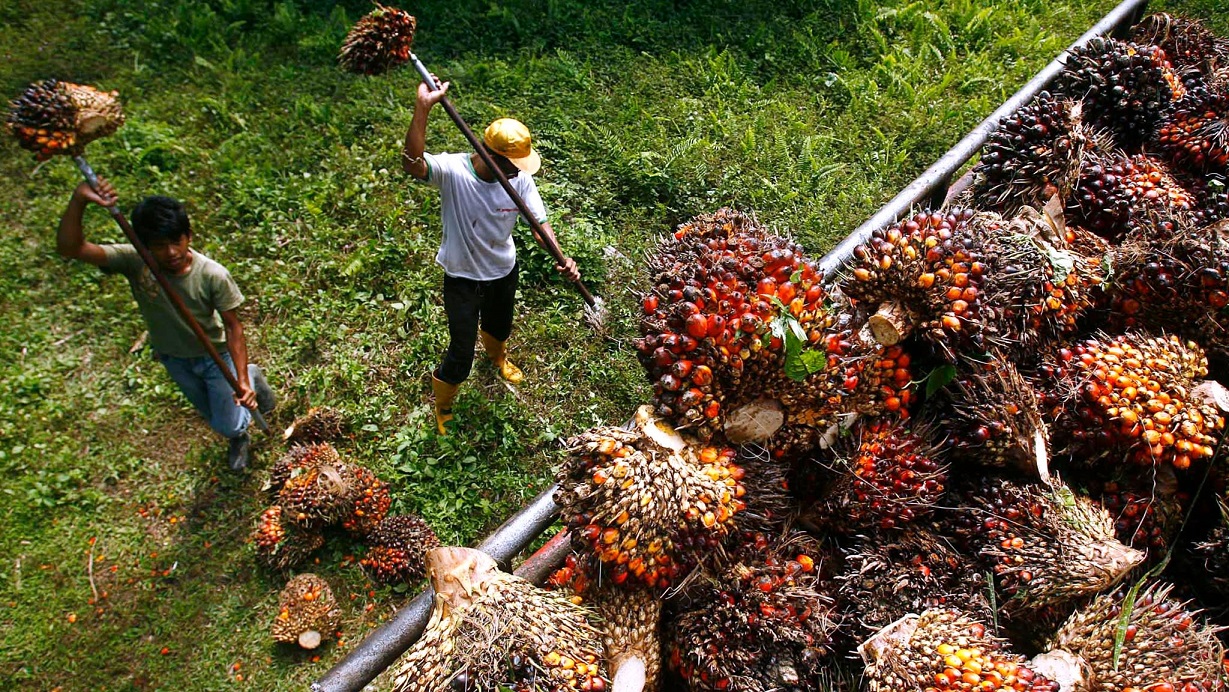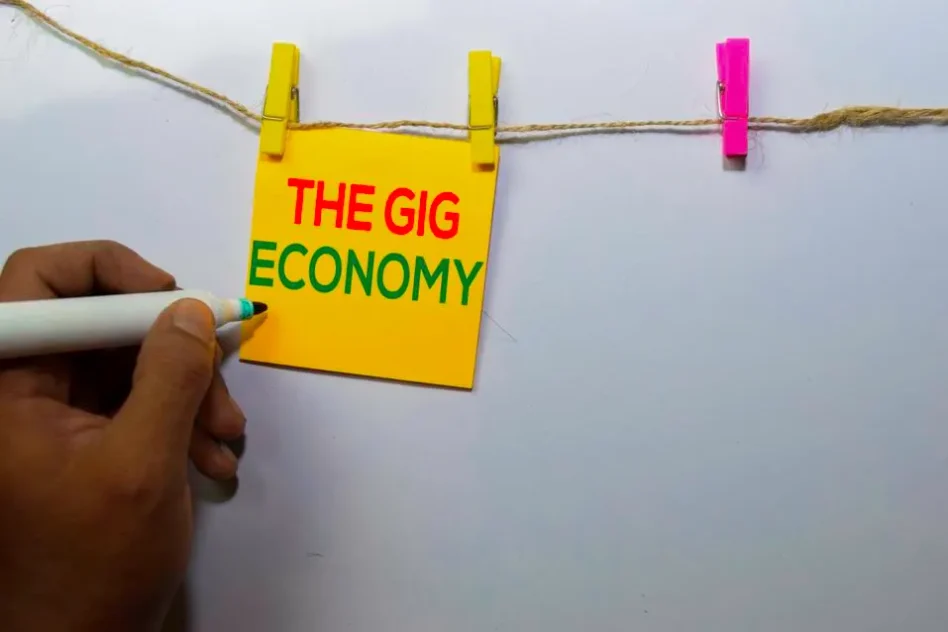ANOTHER good set of plantation results can be expected for the coming April-June or 2Q 2022 season with “easier-yet-resilient earnings” thereafter on crude palm oil (CPO) price forecast of RM4,500/metric tonne (MT) for 2022 and RM4,000/MT for 2023.
With production cost of between RM2,000/MT to 2,500/MT, Kenanga Research reckoned that margins for the sector are still relatively healthy.
“With CPO prices probably having peaked, the appeal of the plantation sector is more about resilience and defensiveness at this juncture, especially as the economic outlook is unclear and the sector is among the beneficiary of food and energy inflation,” justified analyst Teh Kian Yeong in a plantation sector update.
According to Malaysia Palm Oil Board (MPOB), Malaysia’s palm oil stocks rose 7% month-on-month (mom) and 18% year-on-year (yoy) to an eight-month high of 1.77 million MT in July 2022 driven by higher output and imports.
Nevertheless, Malaysian palm oil exports rose 11% mom (but fell 6% yoy to 1.3 million MT) in July partly due to slower-than-expected palm oil exports from Indonesia in July as exporters held back exports in anticipation of cuts in export tax on Indonesian palm oil from Aug 1 this year.
Reiterating its “overweight” outlook on the plantation sector, Kenanga Research said some weaknesses in edible oils prices during the second half (2H) of the year is not unusual due to seasonally higher production of two major oil crops – oil palm and soybean.
“While this seasonal pattern is holding for 2022, this year’s 2H output is not likely to be able to fully address the overstretched supply situation,” projected the research house.
As such, CPO prices should stay firm supported by the following factors:
- A good 2023 is needed for supply to fully recover: Current edible oils tightness began in 2020 when production failed to meet demand. Inventory continued slipping into 2021 but a good 2H 2022 harvest may lift end-2022 inventory. However, to fully address the current supply tightness, a favourable 2023 season is needed.
- Demand should recover more strongly in 2023: Rising population and affluence have led to annual demand growth of 3.6% over the past 30 years. However, since 2022, the COVID-19 impact has tempered growth to about 1% but Kenanga Research expects growth will revert towards 3% come 2023 unless a severe recession takes hold.
- Supportive biofuel demand: Elevated fossil fuel price is supportive of edible oil demand as about 20% of edible oils are processed into biofuel. Indonesia has resumed efforts to blend up to 40% palm (B40) into its biodiesel after halting work earlier due to high palm oil prices. Its current blend is B30.
Meanwhile, RHB Research is retaining its “neutral” stance with a trading strategy on the plantation sector. With the recent share price deterioration, average price-to-earnings ratio (P/E) of the planters under its coverage have shrunk to 10 times 2023F with the Malaysian big-caps at 14-18 times while the mid-caps and regional planters trade at six to 11 times.
“Although we believe there could be more downside in 2023 as CPO prices moderate further, valuations of some planters are starting to look attractive,” observed the research house.
“We upgraded IOI Corp Bhd to ‘buy’ and cut FGV Holdings Bhd to ‘sell’. We now have five ‘buys’, six ‘neutrals’ and three ‘sells’. (Our) top picks are integrated players – Kuala Lumpur Kepong Bhd and IOI as they would be able to withstand the volatile price environment better.” – Aug 11, 2022









